Home>diy>Planning & Engineering>What Zoning Is Needed For Storage Units
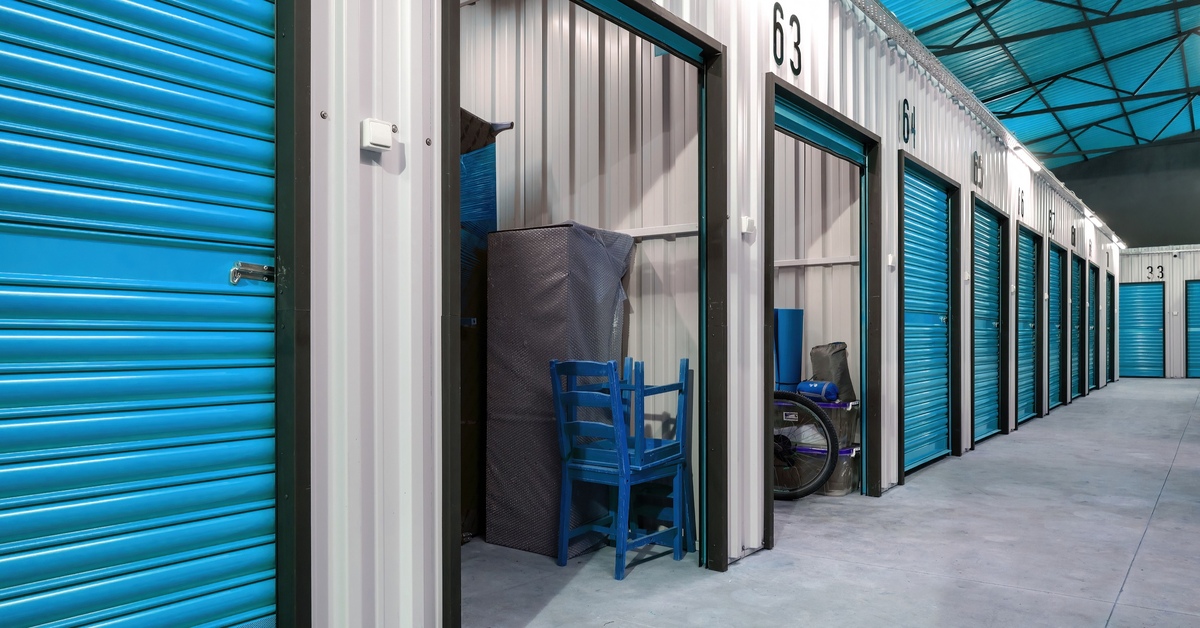

Planning & Engineering
What Zoning Is Needed For Storage Units
Modified: January 9, 2024
Discover the necessary zoning requirements for storage units with our expert planning and engineering tips. Ensure your project is compliant and successful.
(Many of the links in this article redirect to a specific reviewed product. Your purchase of these products through affiliate links helps to generate commission for Storables.com, at no extra cost. Learn more)
Introduction
When it comes to storage units, one key aspect that often goes overlooked is the importance of zoning regulations. Zoning plays a pivotal role in determining where storage units can be located and what types of storage businesses can operate in a specific area. Understanding the zoning requirements for storage units is crucial for both business owners and potential customers.
In this article, we will explore the different types of storage units, the significance of zoning regulations, the specific requirements for storage unit zoning, as well as the benefits and challenges associated with proper zoning. Whether you are a storage unit business owner or someone in need of storage space, this article will provide valuable insights into the zoning considerations that come into play.
Key Takeaways:
- Proper zoning for storage units is crucial for community harmony, environmental protection, and public safety. It benefits businesses, customers, and the overall well-being of the surrounding area.
- Understanding zoning regulations is vital for storage unit businesses and customers. It ensures operations align with community needs, property values, and environmental sustainability.
Read more: What Garden Zone Am I
Types of Storage Units
Storage units come in a variety of types to cater to different storage needs. Understanding the different types can help individuals and businesses choose the right option for their specific requirements. Here are some common types of storage units:
- Self-Storage Units: These are the most common type of storage units, with individual compartments or lockers rented out to customers. Self-storage units are typically located in large facilities with various unit sizes to accommodate different storage needs. Individuals and businesses can store personal belongings, furniture, equipment, inventory, and more in self-storage units.
- Climate-Controlled Storage Units: Climate-controlled storage units are designed to maintain a controlled environment, regulating temperature and humidity levels. These units are particularly useful for storing delicate items such as antiques, artwork, documents, electronics, and other items that require protection from extreme temperatures or humidity.
- Vehicle Storage: As the name suggests, these storage units are specifically designed to store vehicles, such as cars, motorcycles, boats, and RVs. Vehicle storage units provide protection from the elements and offer a secure space for storing vehicles during off-seasons or when not in use.
- Warehouse Storage: Warehouse storage units are larger spaces typically utilized by businesses to store inventory, equipment, and supplies. These units are often rented by businesses that require a significant amount of storage space for their operations.
- Portable Storage Units: Portable storage units offer convenience and flexibility, as they can be transported to the customer’s location. These units are commonly used during home renovations, moving, or for temporary storage needs. Once filled, the portable units can be transported to a secure facility or kept on-site if allowed by zoning regulations.
Understanding the different types of storage units enables individuals and businesses to make informed decisions based on their specific storage needs. It is important to be aware of the zoning regulations surrounding each type of storage unit, as certain zoning restrictions may apply to specific types or sizes of storage units in different areas.
Importance of Zoning for Storage Units
Zoning regulations serve as a vital framework for managing land use and development in a community. When it comes to storage units, zoning plays a crucial role in ensuring that these facilities are appropriately located and compatible with the surrounding area. Here are a few key reasons why zoning for storage units is important:
- Community Integration: Zoning regulations help maintain a cohesive and harmonious community by ensuring that storage units are located in appropriate areas. This prevents storage facilities from being situated in residential neighborhoods or other areas where it may clash with the character of the community.
- Land Use Planning: Zoning for storage units allows for strategic land use planning. By designating specific zones suitable for storage unit development, community planners can effectively allocate resources and make informed decisions about the distribution of land use for various purposes.
- Environmental Impact: Zoning regulations take into account the potential environmental impact of storage unit facilities. Proper zoning ensures that storage units comply with environmental regulations and do not pose a threat to the surrounding ecosystem, groundwater, or natural resources.
- Traffic and Accessibility: Storage units can generate significant traffic, particularly if they are located in high-density areas. Zoning regulations help control traffic flow and ensure that storage facilities have appropriate access points, parking areas, and circulation patterns to prevent congestion and potential safety hazards.
- Aesthetics and Property Values: Zoning regulations often include provisions related to the aesthetics of storage units. This ensures that the design, architecture, and landscaping of these facilities meet certain standards, enhancing the overall aesthetic appeal of the community. Additionally, proper zoning for storage units helps protect property values by preventing incompatible development that could negatively impact neighboring properties.
Overall, zoning for storage units is crucial for maintaining community integrity, managing land use effectively, protecting the environment, ensuring safe traffic flow, and upholding aesthetic standards. By adhering to appropriate zoning regulations, storage unit facilities can operate in a manner that benefits both the business and surrounding community.
Zoning Requirements for Storage Units
Zoning requirements for storage units can vary depending on the specific jurisdiction and local regulations. It is essential for storage unit business owners to understand and comply with these requirements to ensure their facilities are legally established and compliant. Here are some common zoning considerations for storage units:
- Zoning Districts: Each jurisdiction designates specific zoning districts where storage units are permitted. It is important to consult the local zoning ordinances to determine the appropriate zoning district for establishing a storage unit facility.
- Permitting Process: Storage unit businesses typically need to obtain the necessary permits and licenses to operate legally. This process may involve submitting site plans, architectural drawings, and other relevant documents to the local planning department or zoning board for review and approval.
- Setback Requirements: Setback requirements govern the distance between the storage unit facility and property lines, roads, and neighboring structures. These requirements vary based on the zoning district and are in place to ensure adequate space and accessibility.
- Building Height and Size: Zoning regulations often include restrictions on building height and the overall size of the storage unit facility. These limitations help control the visual impact of the facility and ensure compatibility with the surrounding area.
- Landscaping and Screening: Many zoning requirements mandate the implementation of landscaping and screening measures to enhance the visual appeal of storage units and buffer them from adjacent properties. This may include the installation of trees, shrubs, fences, or walls.
- Lighting and Signage: Zoning regulations may specify requirements for outdoor lighting and signage to minimize light pollution, maintain visibility, and ensure the safe operation of the storage unit facility.
- Access and Parking: Storage units must comply with regulations related to access roads, parking spaces, and circulation patterns. These requirements aim to prevent traffic congestion and ensure safe and efficient movement within the facility.
It is crucial for storage unit business owners to carefully review and adhere to the specific zoning requirements outlined by the local jurisdiction. Engaging with zoning officials and professionals familiar with local zoning regulations can provide valuable guidance throughout the planning and development process.
When determining the zoning needed for storage units, it’s important to research the local zoning ordinances and regulations in the specific area where you plan to build. Contact the local planning department to understand the zoning requirements and any potential restrictions.
Factors Considered in Zoning for Storage Units
When determining the zoning regulations for storage units, several factors are taken into consideration to ensure the facility’s compatibility with the surrounding area and the overall well-being of the community. Here are some key factors that are commonly considered in the zoning process:
- Land Use Compatibility: Zoning officials assess whether storage units align with the intended land use in a particular area. They consider factors such as the existing neighborhood character, nearby businesses, residential zones, and the impact of storage units on the surrounding land use.
- Capacity and Demand: Zoning regulations take into account the storage unit capacity and the demand for storage facilities in a specific location. This analysis helps ensure that the supply of storage units meets the needs of the community without causing oversaturation or excessive competition.
- Traffic and Transportation: The potential impact of storage facilities on traffic patterns and transportation infrastructure is carefully evaluated. Zoning officials consider the anticipated increase in vehicle trips, potential congestion, and the adequacy of existing transportation facilities to handle the increased demand.
- Environmental Assessment: Zoning for storage units involves an evaluation of the potential environmental impact. This includes assessing the compatibility of storage unit facilities with the surrounding ecosystem, potential pollution risks, and compliance with environmental regulations.
- Community Input: In many jurisdictions, community input plays a vital role in the zoning process. Public hearings and input from local residents and businesses allow for community concerns to be addressed and considered when formulating zoning regulations for storage units.
- Economic Considerations: The economic impact of storage unit facilities on the local economy is also taken into account. Zoning officials may evaluate factors such as job creation, tax revenue generation, and the potential for economic growth associated with the introduction of storage unit businesses.
- Future Planning: Zoning regulations for storage units also consider long-term planning goals and strategies. This includes analyzing the compatibility with future land uses, potential expansion, and the ability of storage units to adapt to changing community needs over time.
By considering these factors, zoning authorities can establish regulations for storage units that promote land use compatibility, address community concerns, ensure traffic efficiency, protect the environment, and support long-term planning goals. This comprehensive approach helps strike a balance between the needs of storage unit businesses and the well-being of the community.
Benefits of Proper Zoning for Storage Units
Proper zoning for storage units offers numerous benefits for both storage unit businesses and the surrounding community. Here are some key advantages of having well-defined and appropriately enforced zoning regulations:
- Community Compatibility: Proper zoning ensures that storage unit facilities are located in areas compatible with their operations. By separating storage units from residential neighborhoods and other sensitive areas, zoning regulations help maintain a cohesive and harmonious community.
- Preservation of Property Values: Well-planned zoning and appropriate placement of storage units help protect property values. By preventing incompatible development or the construction of visually unappealing facilities, zoning regulations maintain the aesthetic appeal and desirability of surrounding properties.
- Environmental Protection: Zoning regulations play a crucial role in safeguarding the environment. By considering the potential impact of storage unit facilities on surrounding ecosystems, water resources, and air quality, proper zoning helps minimize environmental degradation and promotes sustainable development practices.
- Public Safety: Zoning regulations for storage units often include provisions for traffic management, parking requirements, and emergency access. This prioritizes public safety by ensuring smooth traffic flow, adequate parking spaces, and clear access for emergency vehicles, reducing the risk of accidents and congestion.
- Neighborhood Preservation: Proper zoning for storage units helps preserve the character and integrity of residential neighborhoods. By preventing storage facilities from encroaching on residential areas, zoning regulations protect the peaceful and tranquil nature of neighborhoods, enhancing the quality of life for residents.
- Improved Property Management: Clear zoning regulations provide storage unit businesses with a framework for proper property management. This includes guidelines for maintenance, landscaping, signage, and other aspects of facility operations, ensuring that storage unit businesses operate in a responsible and professional manner.
- Economic Development: Properly zoned storage unit facilities can contribute to local economic development. They provide employment opportunities, generate tax revenue, attract customers from outside the community, and enhance the overall economic vitality of the area.
By establishing and adhering to proper zoning regulations, storage unit businesses can operate in a manner that benefits the community while protecting the interests of residents and preserving natural resources. The benefits of proper zoning extend beyond the individual storage unit facilities and contribute to the overall well-being and prosperity of the surrounding area.
Challenges and Considerations in Zoning for Storage Units
While zoning regulations play a crucial role in managing storage unit facilities, there are several challenges and considerations that arise during the zoning process. Here are some of the key challenges and factors that need to be taken into account:
- Permitting and Approval Process: The process of obtaining the necessary permits and approvals for establishing a storage unit facility can be complex and time-consuming. Zoning authorities often require detailed site plans, architectural drawings, and other documentation, which can present challenges for business owners.
- Neighborhood Opposition: Storage unit facilities can sometimes face opposition from neighboring residents or businesses due to concerns about increased traffic, noise, or changes in property values. Balancing the needs of storage businesses with the concerns of the community can be a challenging aspect of the zoning process.
- Land Availability: Finding suitable land for storage unit development within the designated zoning districts can be difficult, especially in urban areas where land is limited. Availability, cost, and proximity to potential customers are important considerations that can present challenges when identifying appropriate locations for storage unit facilities.
- Compliance with Regulations: Zoning regulations often include various requirements related to setbacks, building height, landscaping, parking, and other factors. Ensuring compliance with these regulations can be a complex task, requiring careful planning, design, and consultation with professionals to meet all the necessary criteria.
- Market Demand and Competition: Analyzing the market demand for storage units and understanding the level of competition in a specific area is crucial for the success of a storage unit business. Zoning considerations need to align with the market dynamics to ensure adequate customer demand and sustainable operations.
- Evolution of Zoning Regulations: Zoning regulations are subject to change over time as communities evolve and priorities shift. It is important for storage unit businesses to stay updated with any zoning changes or updates that may affect their operations. Adapting to new regulations can present challenges but is necessary for long-term compliance and success.
Overcoming these challenges requires careful planning, collaboration with zoning officials, and a thorough understanding of local regulations and market dynamics. Engaging with professionals experienced in zoning and legal aspects can help navigate through the complexities involved in zoning for storage units.
Conclusion
Zoning regulations for storage units play a crucial role in ensuring the proper placement and operation of these facilities. By considering factors such as land use compatibility, community integration, traffic management, and environmental impact, zoning authorities can create a framework that balances the needs of storage unit businesses with the interests of the surrounding community.
Understanding the different types of storage units, the importance of zoning regulations, and the specific requirements involved is vital for both storage unit business owners and potential customers. By adhering to proper zoning requirements, storage unit facilities can operate in a manner that benefits the community, preserves property values, protects the environment, and enhances public safety.
However, zoning for storage units also comes with its challenges, such as navigating the permitting process, addressing neighborhood opposition, and ensuring compliance with regulations. It requires careful planning, collaboration with zoning officials, and a deep understanding of local regulations and market dynamics.
In conclusion, proper zoning for storage units is essential for creating a harmonious and sustainable environment. By following zoning regulations, storage unit businesses can thrive while respecting the needs and concerns of the community. This not only benefits the businesses and their customers but also contributes to the overall well-being and development of the surrounding area.
As storage unit facilities continue to be in high demand, it becomes increasingly important to prioritize proper zoning to ensure their establishment and operation align with the goals and values of the community. By striking a balance between storage unit businesses and the community, we can create a win-win situation that benefits everyone involved.
Frequently Asked Questions about What Zoning Is Needed For Storage Units
Was this page helpful?
At Storables.com, we guarantee accurate and reliable information. Our content, validated by Expert Board Contributors, is crafted following stringent Editorial Policies. We're committed to providing you with well-researched, expert-backed insights for all your informational needs.
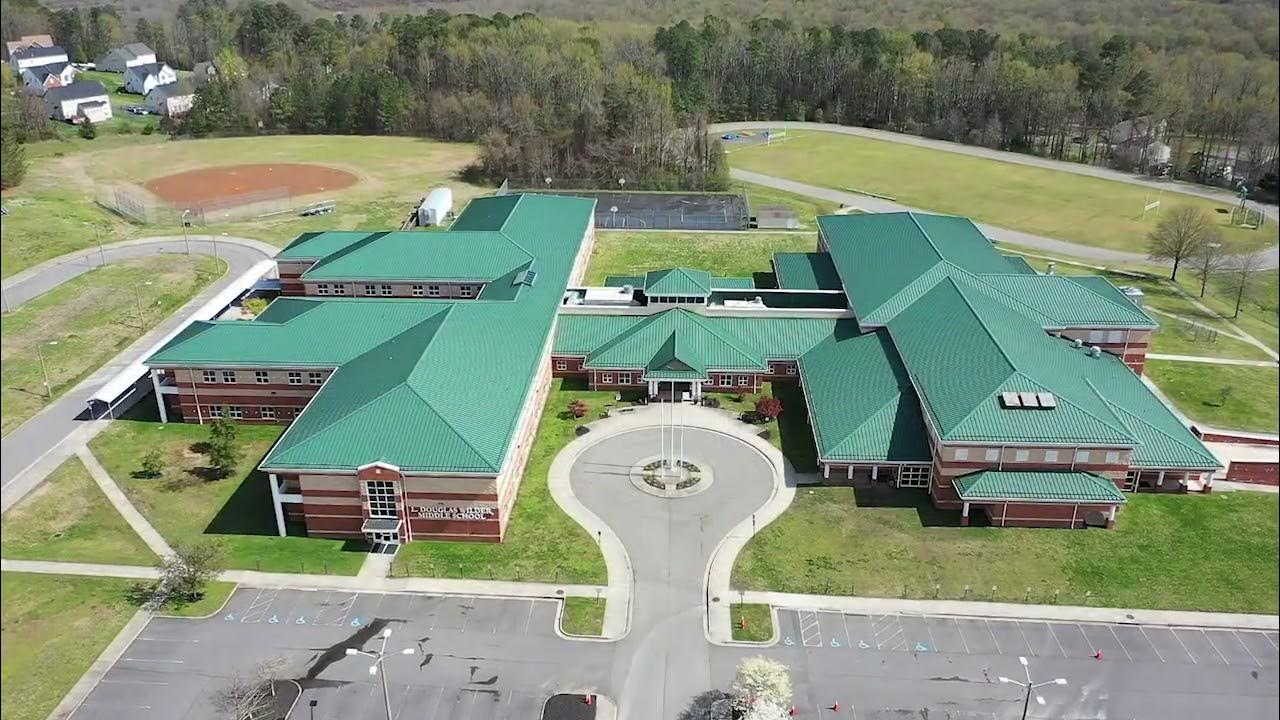



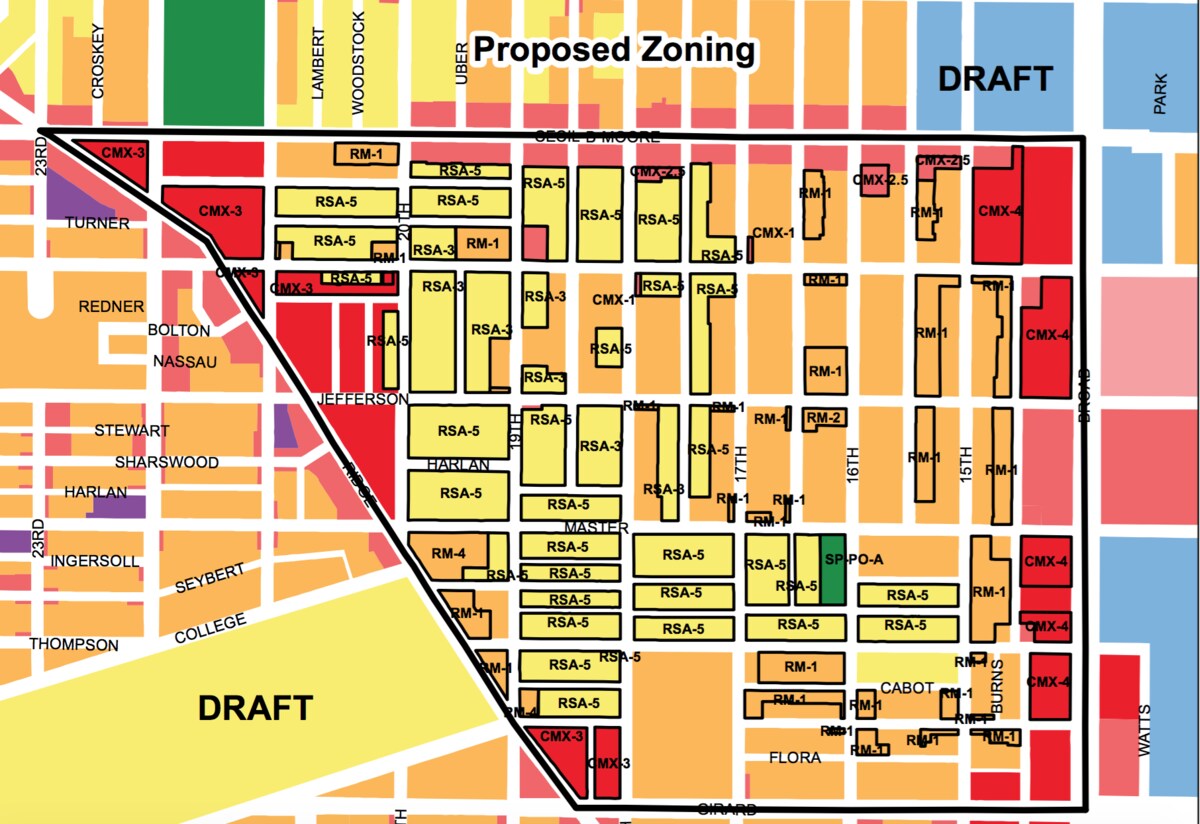
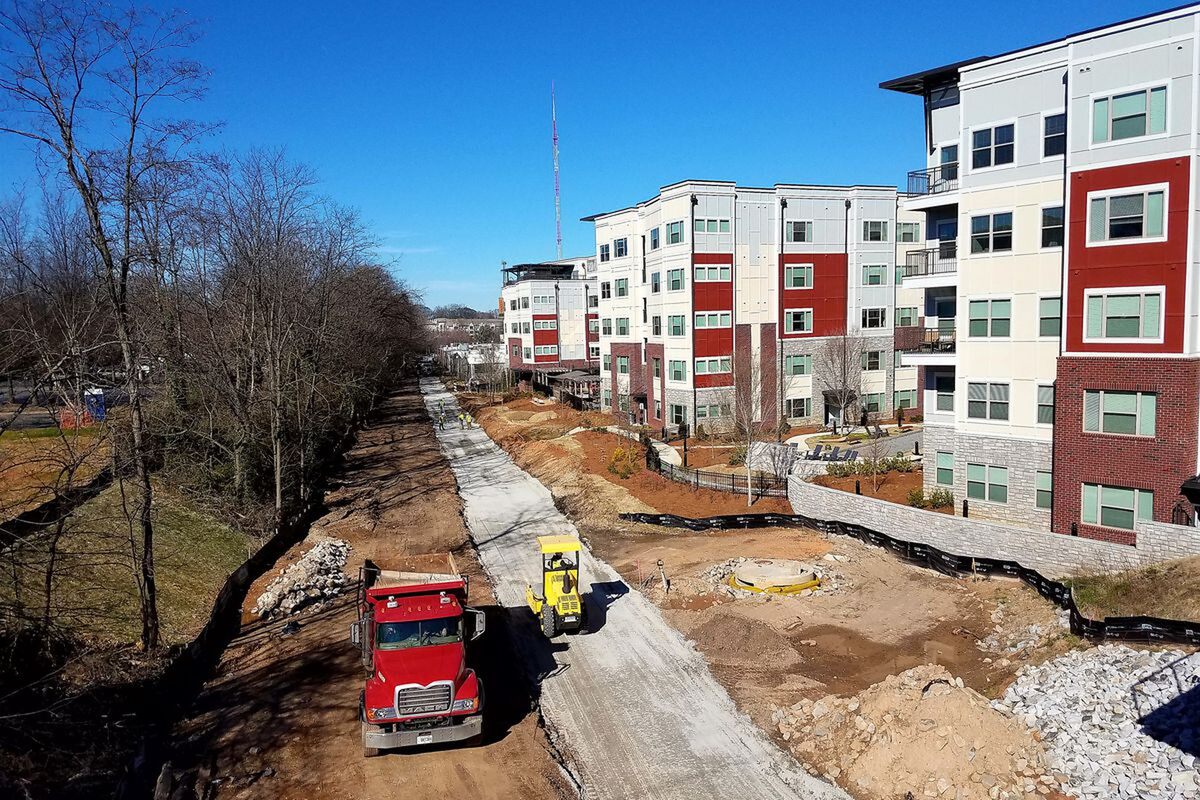
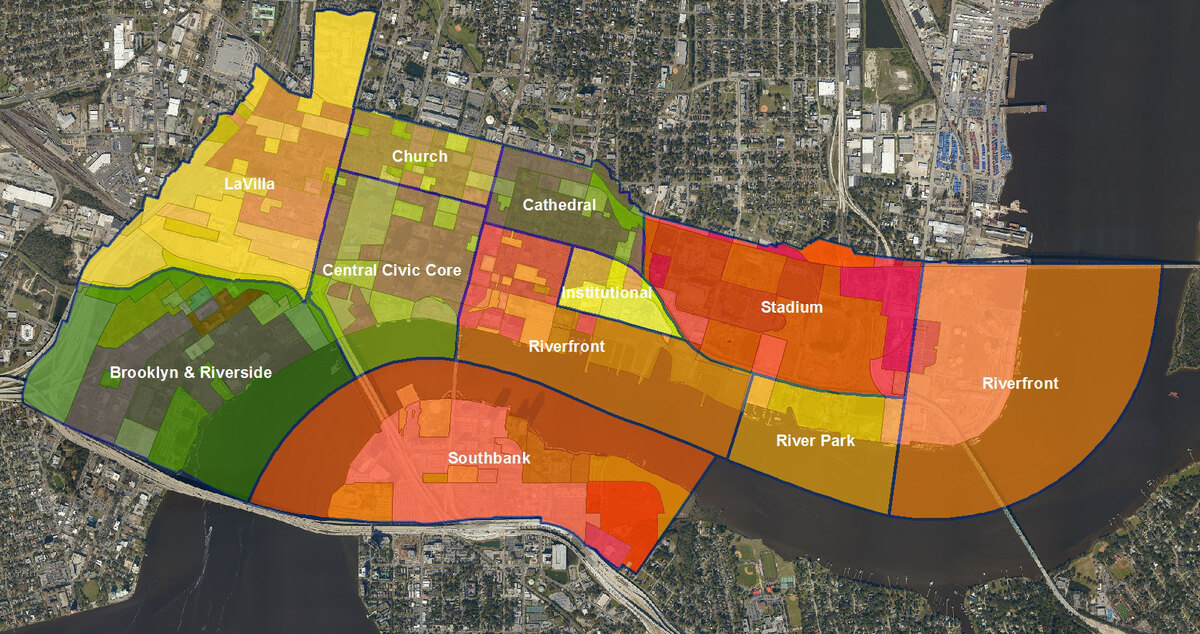
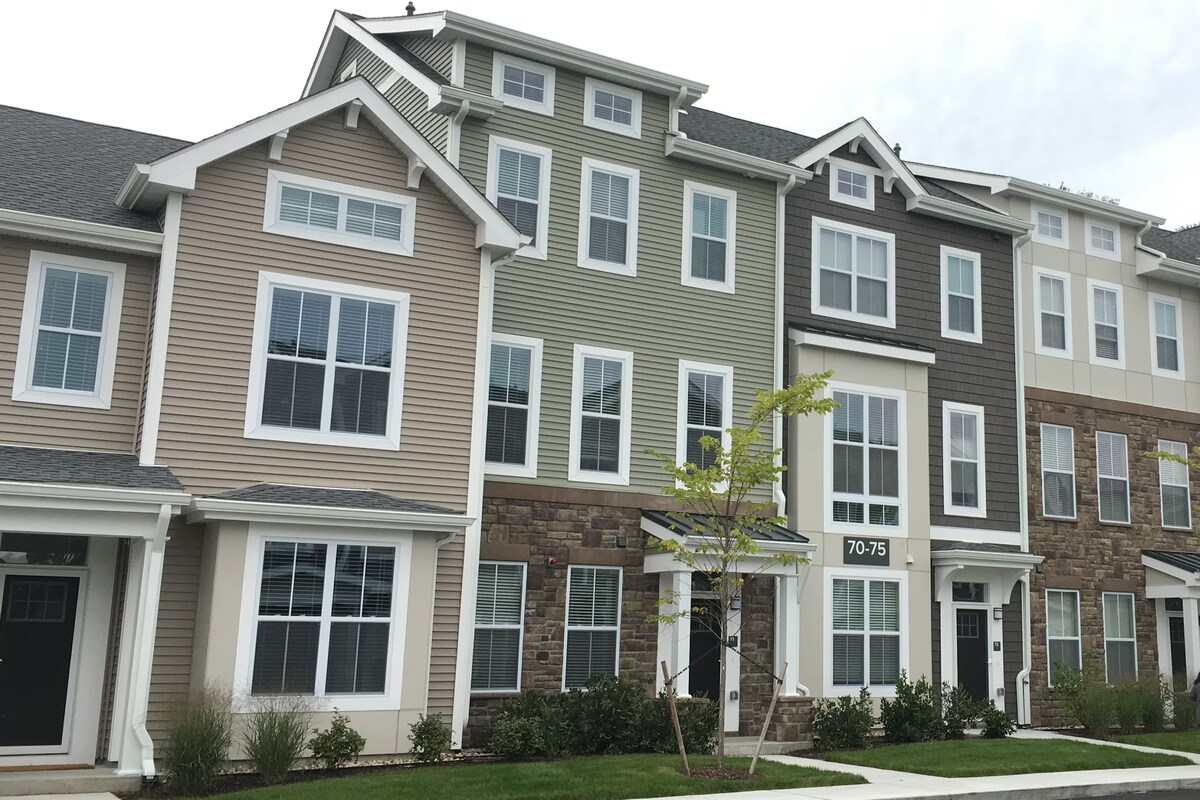


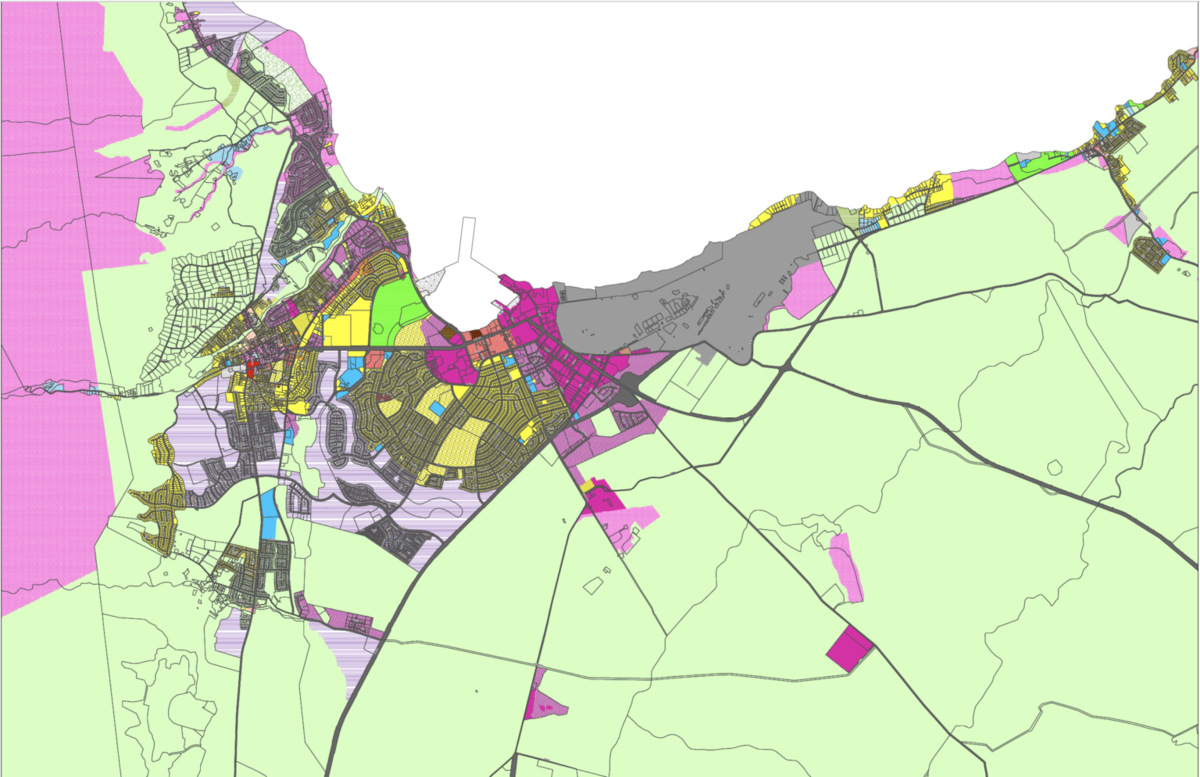

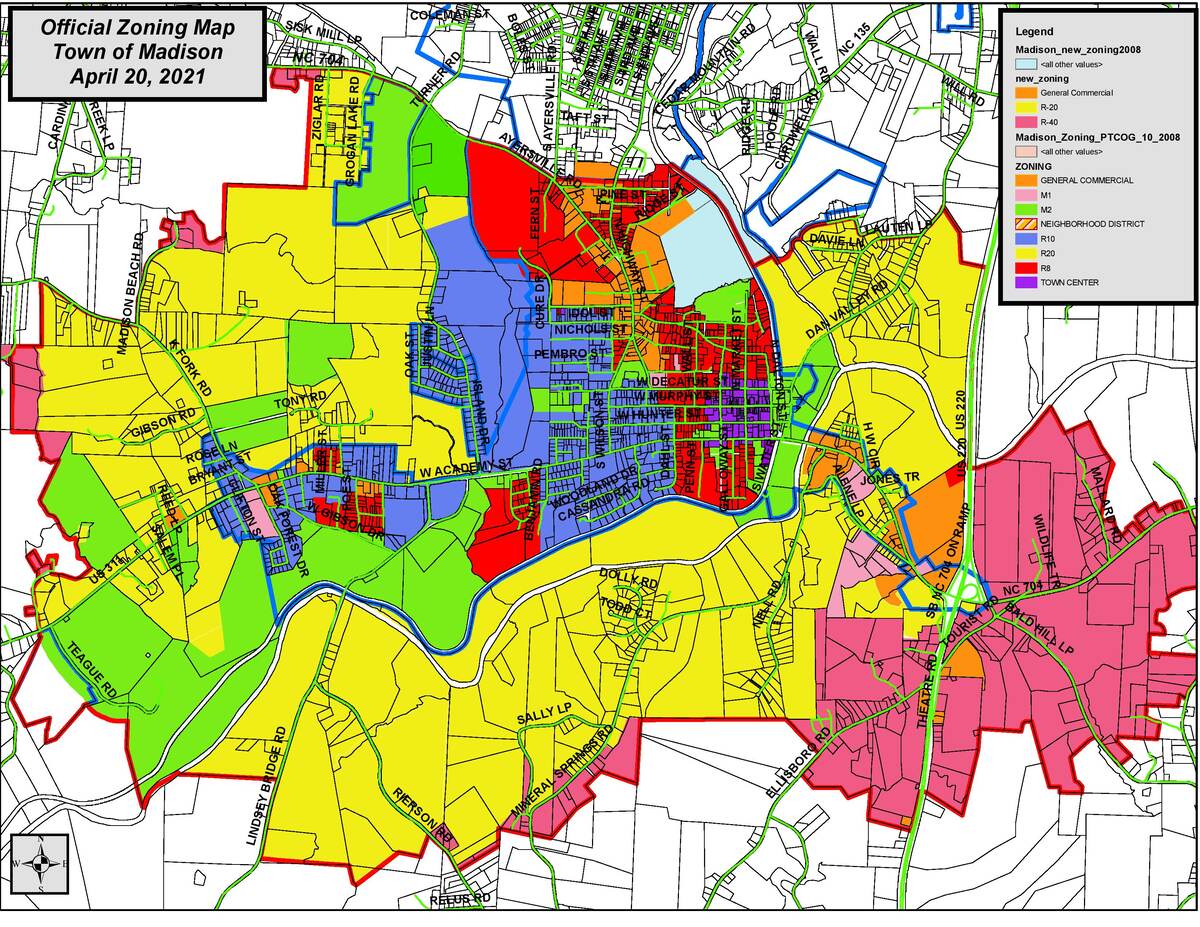
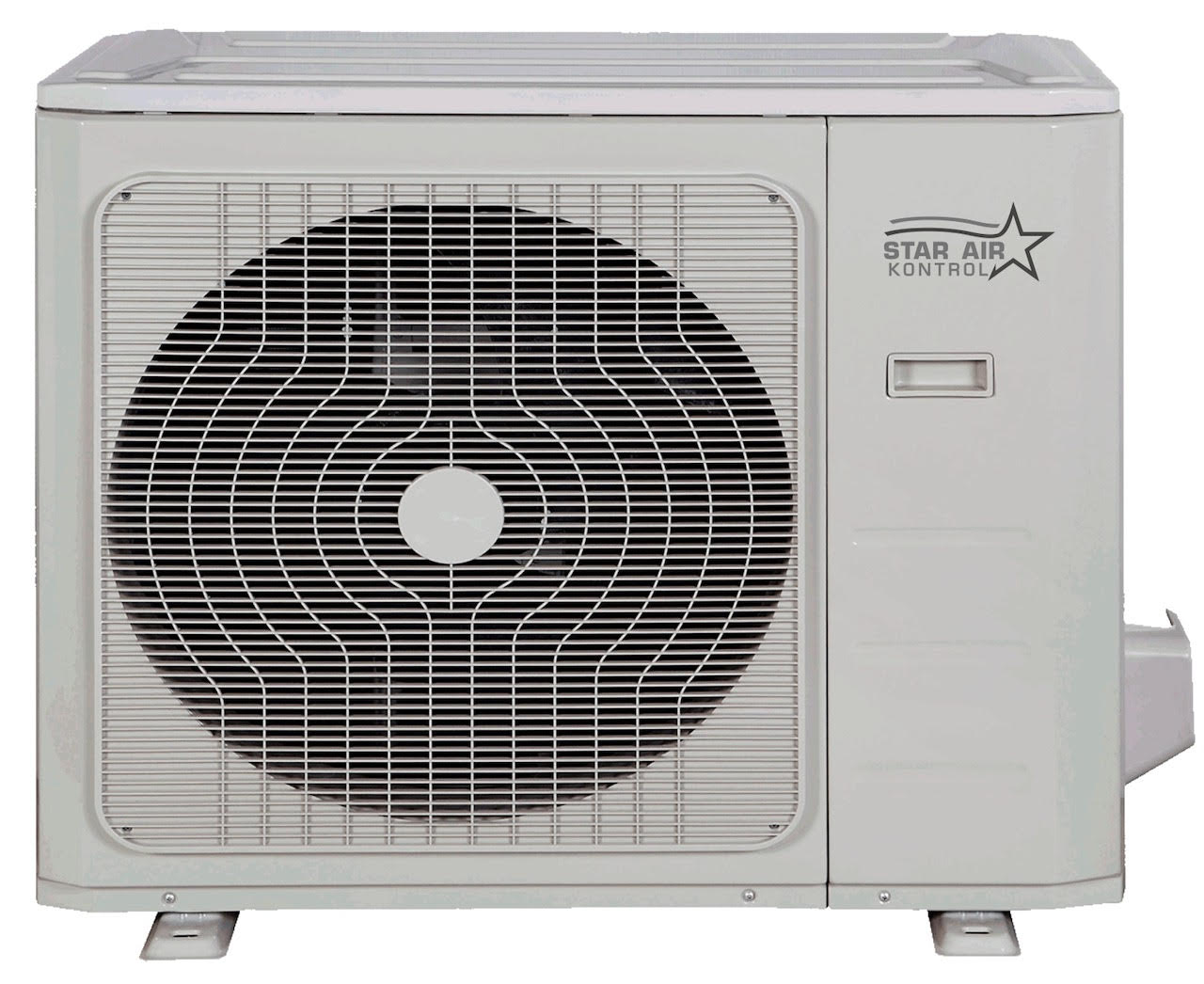

0 thoughts on “What Zoning Is Needed For Storage Units”